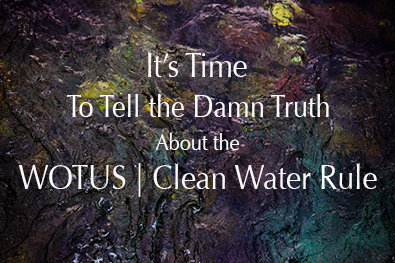 Washington state is home to some of the most historically prolific steelhead waters in North America as well as several organizations who are wholly dedicated to the preservation and restoration of wild fish native to the region, namely steelhead and several salmon species.
Washington state is home to some of the most historically prolific steelhead waters in North America as well as several organizations who are wholly dedicated to the preservation and restoration of wild fish native to the region, namely steelhead and several salmon species.
How ironic is it then, that for reasons that appear to continually defy logic, state managers time after time articulate decisions that aren’t, at least in the opinion of some, in the best interest of native fish restoration goals.
As an example, native fish advocates are up in arms this week about WDFW’s recent decision to allow Cooke Aquaculture to pivot from farming Atlantic salmon to genetically modified steelhead in Puget Sound.
According to this report in the Seattle Times, the fish are mostly sterile (terminology that really doesn’t play well from a PR standpoint), though with Cooke’s track record of net pen failures (2017), folks from the Wild Fish Conservancy for example have publicly scoffed at the estimated risks of escaped fish damaging genetic stocks of natives here (per the article).
Water quality and disease/infection impacts and risks would appear to be perhaps a more critical, and proximate, concern, and will remain a focus of those who oppose the farms.

